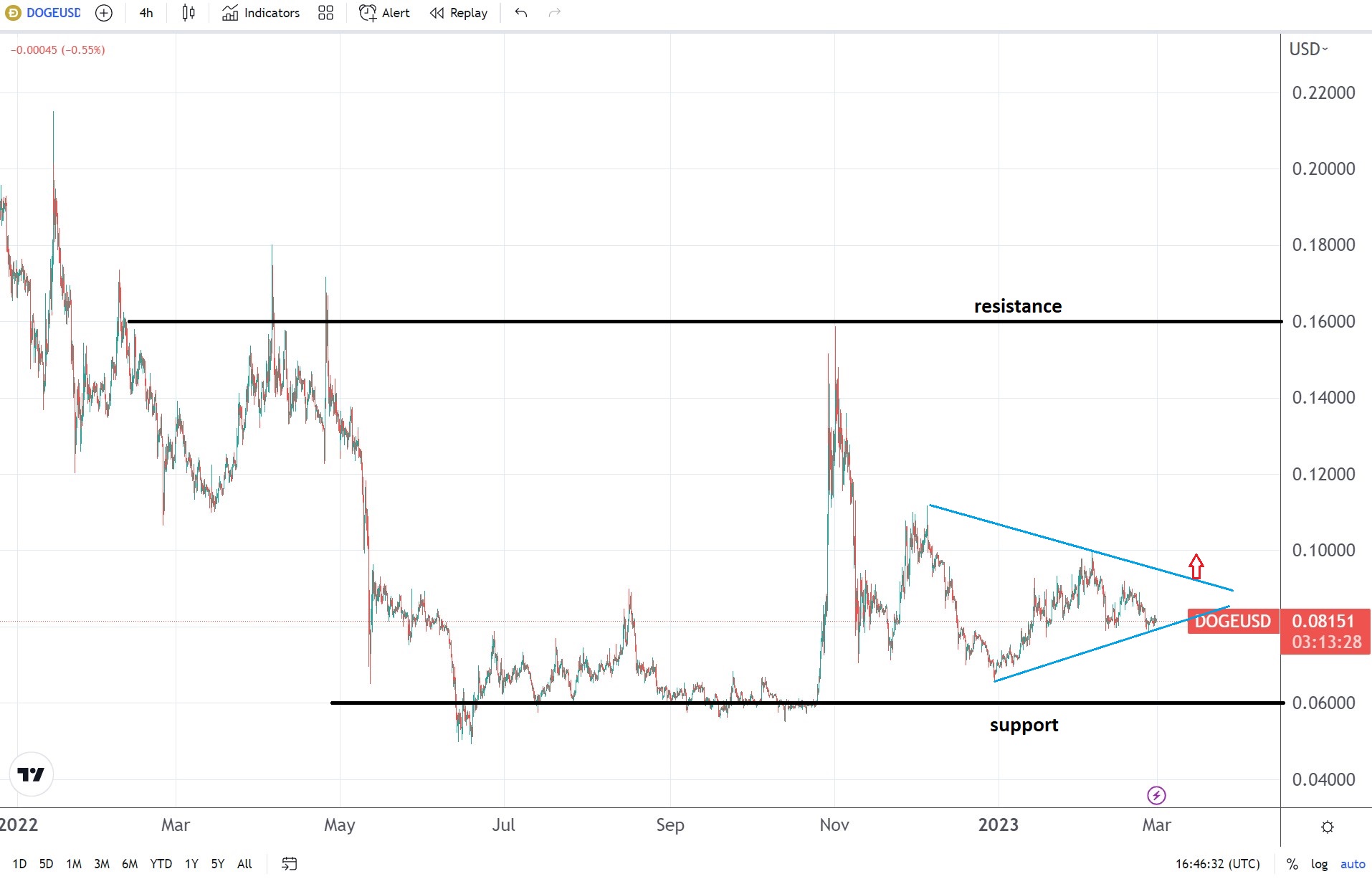- Trust Wallet has announced Ledger hardware support for its browser extension.
- The new Ledger integration adds a layer of security to the leading self-custodial wallet.
- Users can now securely manage and store all their assets.
Trust Wallet has announced integration with hardware wallet Ledger, with support for the Trust Wallet Browser Extension.
The new Ledger support brings an added security layer to Trust Wallet, a popular self-custodial and multi-chain wallet that currently supports over 70 blockchains. The integration means the wallet’s users can now seamlessly and flexibly access and store more than 8.5 million assets, including non-fungible tokens (NFTs).
Ledger integration brings added security and functionality
According to a press release shared with CoinJournal on Tuesday, users can now buy, stake, swap all of the supported tokens, as well as browse Web3 dApps. Trust Wallet customers now have more control of their assets’ security, which are now secure both on online and offline wallets.
Eric Chang, Head of Product at Trust Wallet said the integration gives Trust Wallet users another option to securely manage their keys.
“Integrating Trust Wallet and a leading hardware wallet like Ledger provides people with the best balance of convenience, enhanced security, and functionality,” he added.
With the partnership, more people will now access not just new tokens and dApps, but also Testnets for a complete wallet experience. Jean-Francois Rochet, the VP of Transactions and Services at Ledger, explained that the two companies’ cooperation is part of a shared goal that seems to empower users and promote self-custody of crypto assets. This is “the true ethos of crypto,” Rochet noted.
As noted above, Trust Wallet is a leading self-custodial wallet that boasts over 10 million monthly active users(MAUs). The native Trust Wallet Token is currently trading around $1.35.
Ledger, on the other hand, is a French technology firm founded in 2014. The company has manufactured several state-of-the-art hardware wallets used by millions of crypto holders across the world, including the Ledger Nano S.
The post Trust Wallet integrates Ledger hardware wallet for added security appeared first on CoinJournal.

